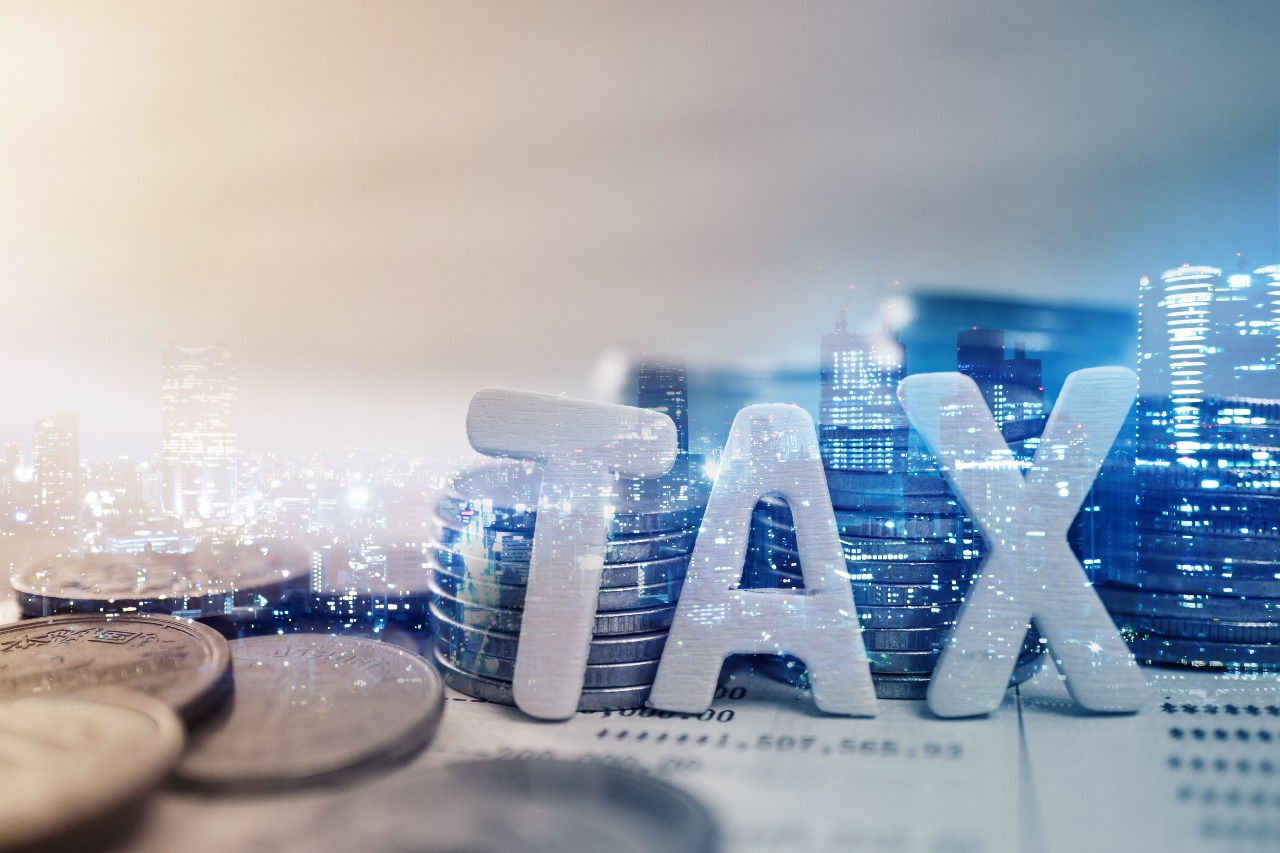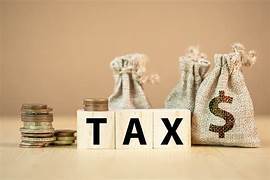Understanding Taxes: Exploring the Concept and Importance in the Economy
Taxes are one of the financial instruments used by the government to finance public expenditures and carry out the functions of the state. Tax is a mandatory payment made by individuals, companies, or other entities to the government, the amount of which is determined based on the provisions of applicable laws and regulations.
Taxes have several important elements. First, there is the taxpayer, which refers to the parties who are obligated to pay taxes. Taxpayers can be individuals (natural persons), companies, or other institutions. Second, there is the tax base, which is the basis for tax assessment, such as income, wealth, sales, or other transactions. Third, there is the tax rate or percentage, which determines the amount to be paid by the taxpayer based on the value of the tax base. Finally, there is the authority of the government, which includes tax policies, collection, and utilization.
Taxes play a crucial role in the economy of a country. Here are several reasons why taxes are considered important:
1. Government Revenue: Taxes serve as the primary source of revenue for the government. Tax revenue is used to finance various public programs and activities, such as education, healthcare, infrastructure, defense, and other public services.
2. Economic Regulation: Through the tax system, the government can regulate economic activities by providing incentives or sanctions to taxpayers. For example, the government can grant tax exemptions for specific sectors to encourage investment or increase production.
3. Wealth Distribution: Taxes can be used as a tool to achieve social justice and equalize wealth distribution in society. By levying taxes progressively, meaning higher tax rates for higher incomes, the government can reduce economic disparities among different groups of society.
4. Inflation Control: Taxes can also be used as a tool to control inflation. The government can raise tax rates to reduce the purchasing power of the public, thereby alleviating inflationary pressures caused by high demand.
5. Fostering Citizenship Compliance: Taxes also play a role in shaping good citizenship attitudes. Through fair and transparent tax collection, the government can promote awareness among citizens to participate in nation-building and comply with regulations.
However, it is important to note that excessively high or unfair taxes can have negative impacts. Excessive tax burdens can weigh down taxpayers and hinder economic growth. Therefore, it is crucial for the government to design a balanced, fair, and efficient tax system.
In conclusion, taxes are mandatory payments made by individuals, companies, or other entities to the government. Taxes play a vital role in the economy of a country, including serving as a source of government revenue, an economic regulation tool, a means of wealth distribution, inflation control mechanism, and fostering citizenship compliance. However, it is important to consider fairness and efficiency when designing a tax system to avoid potential negative consequences.










